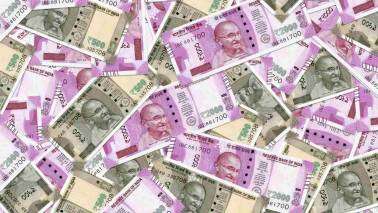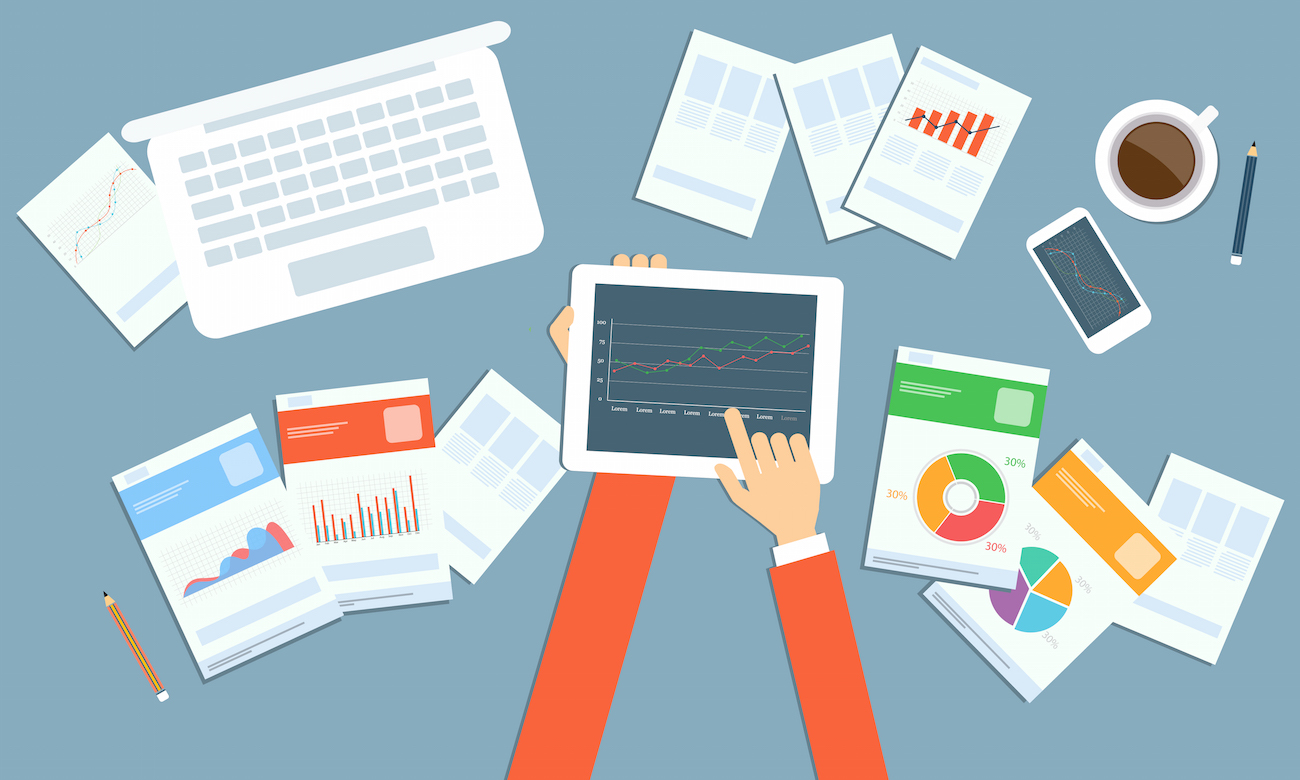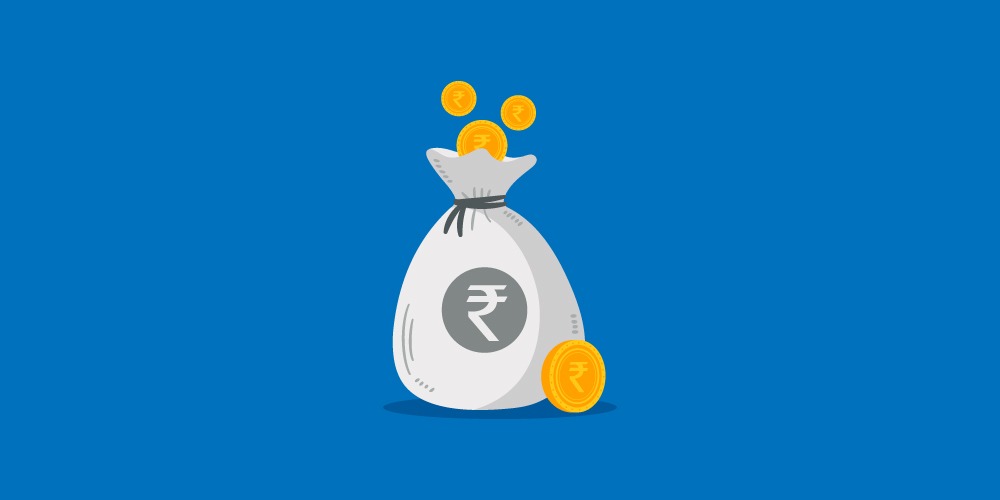Personal
Tips to Manage Money

Many times, we find ourselves in a pinch and short of money. Though we earn quite well, our expenses seem to increase with the money in our hands. At these times, it’s hard to keep track of the hard-earned cash and thus we end up spending more than we ought to. That’s why it is important to properly manage money but how to do it? There are many ways you can approach this problem, but the steps given below are the most basic yet important one. Let’s take a look –
KNOW YOUR INCOME AND EXPENSES
/list-of-monthly-outgoings-85184640-5b7db436c9e77c00570e9220.jpg)
The first step towards proper money management involves knowing how much you earn and how much you spend. It may seem easy but really, when you start to actually think about it, there are a lot of variables especially when it comes to the expenses.
So here is what you should do- you already know your income, now keep a proper track of your expenses. Include everything from big bills to last-minute or impulsively acquired expenses. This will give you an idea of how the money you are dealing on a daily basis. This also forms the core of the next steps towards money management.
STRICT BUDGET

This is really obvious but we can’t stress it enough how important making and keeping a budget is. You know your income, you know your expenses, so now is the time to balance them.
A budget, a practical one, works as a frame of reference for you on a daily basis. It helps you weed out the unnecessary expenses and have better self-control. Impulsive buying is your worst enemy when it comes to money management and a budget is your knight in shining armor.
A SEPARATE EMERGENCY FUND

While making your budget, make sure to keep money aside separately for an emergency fund. This is a must and will benefit you in the long run. Keep your expenses limited to the remaining money and do not touch this separate money unless it’s a life or death situation.
Okay, an exaggeration but life is actually unpredictable and sometimes we find ourselves really in need of money. At these times, it works well to have an emergency stash you can draw upon. If not, you can find yourself accumulating debts, which brings us to our next step –
AVOID DEBTS

At times, it is unavoidable but if you can, avoid getting debts as much as possible. They accumulate interests throughout years and you end up paying much more than you should have.
If you are already in debt, pay it off as soon as you can- managing money and paying attention to your savings can work wonders, gradually but definitely! Once you are in the clear, you will find it easier to manage your expenses and even saving a bit for that extra something you wanted.
ORGANIZED SPENDING

And thus we come to our last point- organized spending is actually an accumulation of all the above points but really important to emphasize. When you have a clear idea of how much you spend and regulate it, by following a budget, you find yourself with a little extra cash for your savings. Avoiding any extra and unnecessary expense and putting it all towards more productive endeavors, that’s organized spending.





























